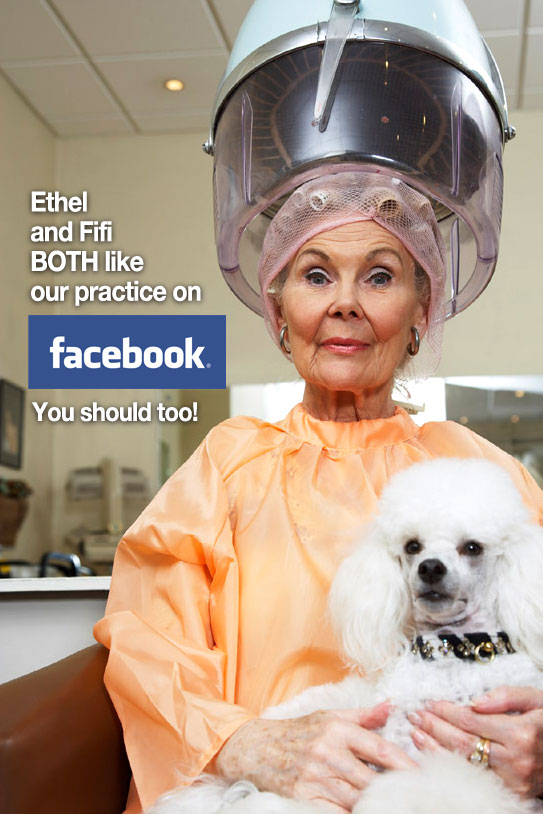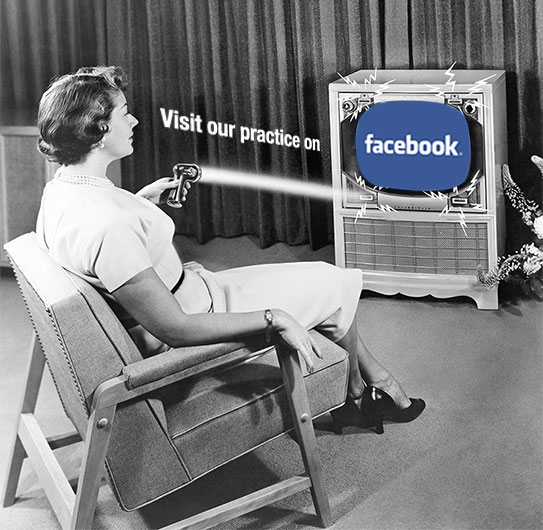EVERY PARENT KNOWS THAT TAKING CARE OF THE SMALL MEMBERS OF THE FAMILY IS A FULL-TIME JOB. Along with diaper changes, bath time, and medical checkups, parents also need to take care of their children’s teeth. But what are the best ways to go about caring for teeth (and baby gums!) during those early years? Here are some of Dr. Bradley’s thoughts on the matter…
Birth To 18 Months: No Toothpaste Required!
AtLake Oconee Dentistrywe believe, like most dentists, that oral care is important to everyone—no matter what their age. Our doctorsrecommend that you begin cleaning your children’s teeth as soon as the teeth begin to come in. For babies younger than 18 months, the best way approach is to use a wet cloth or gauze—without toothpaste. Gently rub their teeth and gums with a cloth over your fingertip. This, along with nursing and/or drinking water, is all the oral hygiene that your child needs at the infant stage. Once your child has more of a “full set” of teeth, your can use a small, soft toothbrush to brush your child’s teeth with water.
When To Start Toothpaste? 18 MonthsIn general, children should not use toothpaste until they are at least 18 months old—and when you do start using toothpaste, make sure it is a safe “children’s toothpaste” made especially for young ones. Young children have different dental needs than grown-ups—and children’s toothpaste is made for this purpose.
What To Look For In A Children’s Toothpaste:
- SAFE TO SWALLOW: Most young children tend to swallow while brushing, rather than spitting out the toothpaste—so we recommend that your children’s toothpaste is formulated with this in mind.
- USE ONLY A PEA-SIZED AMOUNT: Don’t use too much toothpaste—just squeeze a small, pea-size (or smaller) amount onto the toothbrush. Your child doesn’t need much toothpaste to be effective, and you don’t want your child to swallow too much toothpaste.
- CONSIDER LOW-FLUORIDE CHILDREN’S TOOTHPASTE: Fluoride is an important element of keeping teeth healthy and strong, but too much fluoride can be harmful for young children. Several varieties of children’s toothpaste have lower amounts of fluoride or are fluoride-free.
- FUN FLAVORS: Try some different flavors of toothpaste and see what your child likes. Some children—especially at the toddler stage—are very picky about flavors and might be reluctant to use a certain flavor of toothpaste. So be prepared to buy a few different varieties of children’s toothpaste and see which one is your child’s favorite.
When can my child use adult toothpaste?
At our practice, we typically recommend switching to adult toothpaste with fluoride when your child is able to spit out most of their toothpaste after brushing. This usually happens around age 4-6. However, they should still only be using a “pea-size” amount.
REMEMBER: Brushing your child’s teeth is part of parenting, and you need to start at a young age. By taking the time each day—before bedtime and in the morning—to clean your child’s teeth with a specially formulated children’s toothpaste, you will be helping to create a lifetime of healthy dental habits and happy smiles!Don’t forget to come in for regular checkups and cleanings so that your children’s teeth stay healthy and strong! Set up an appointment with us through our contact page or by calling our practice at (706) 453-1333.
And please join us on our Facebook Pageand Twitter Account. It’s a great way to keep up with everything going on in our practice and we would love to stay connected with you there!





 OK… THIS WAS JUST GOOD OL’ FASHIONED FUN! As many of you know, we recently ran a little drawing in our practice for a brand new, shiny, cool Apple iPad! And we want to sincerely thank ALL of our friends who LIKED our page and entered the drawing.
OK… THIS WAS JUST GOOD OL’ FASHIONED FUN! As many of you know, we recently ran a little drawing in our practice for a brand new, shiny, cool Apple iPad! And we want to sincerely thank ALL of our friends who LIKED our page and entered the drawing.